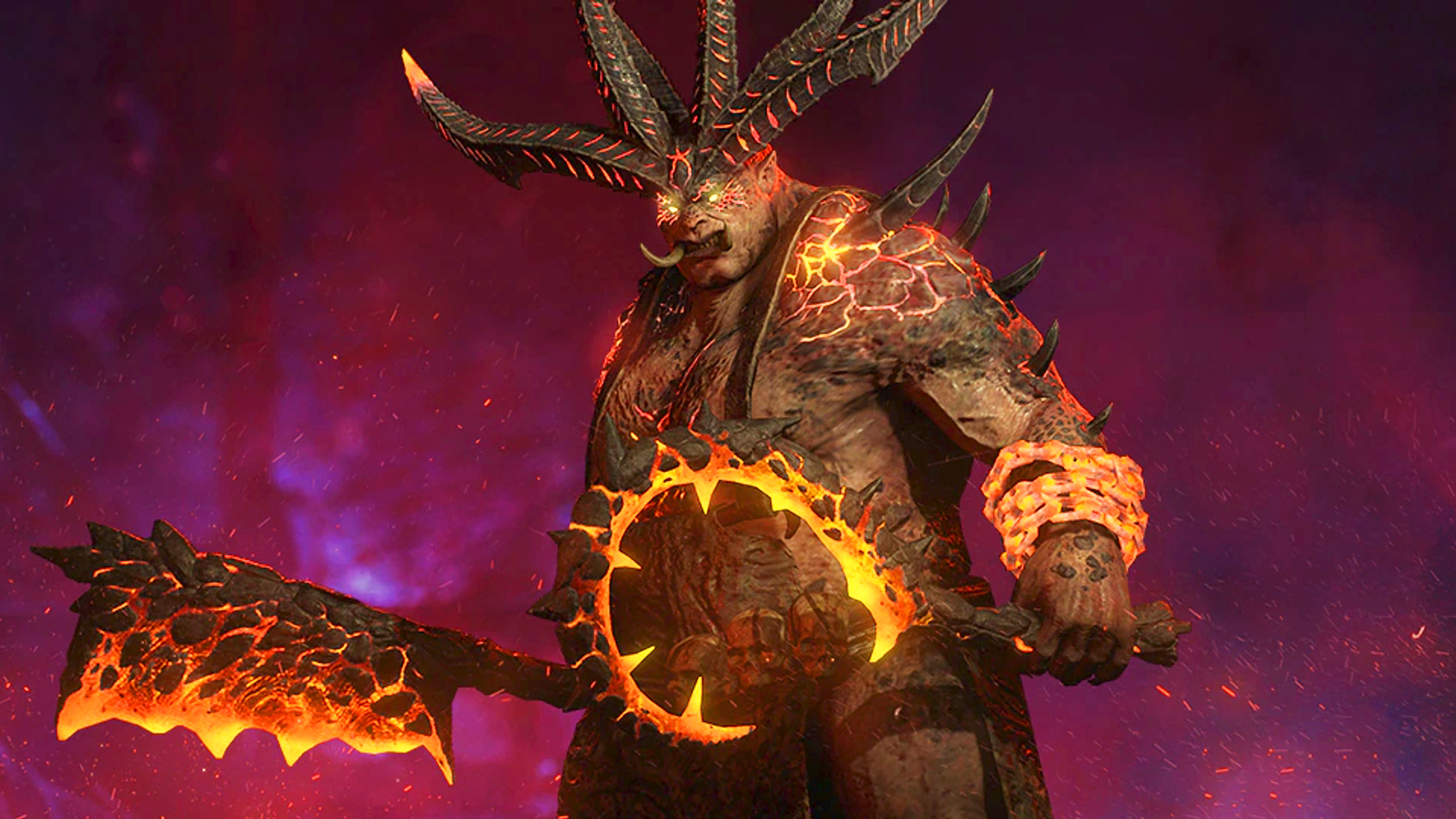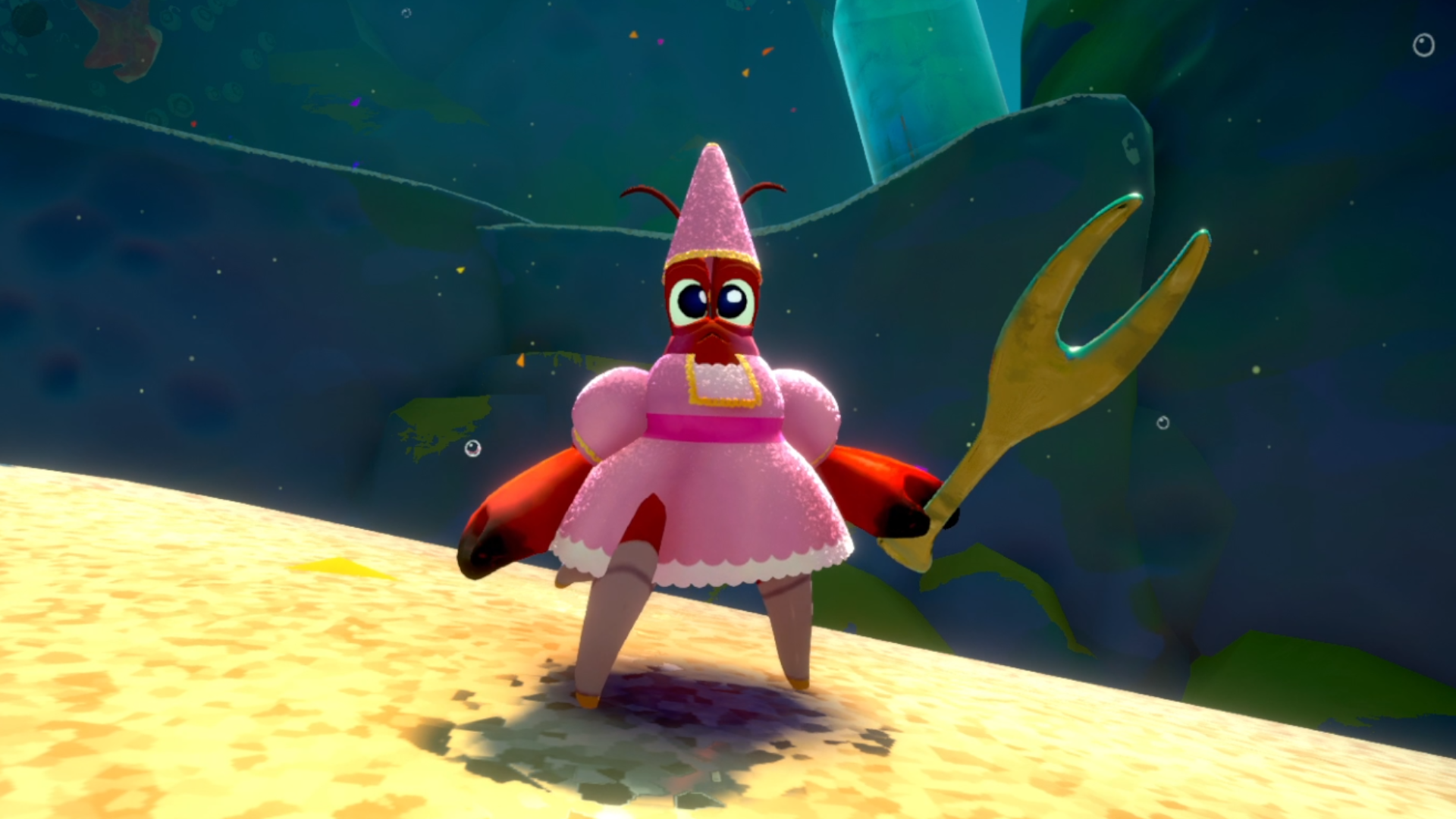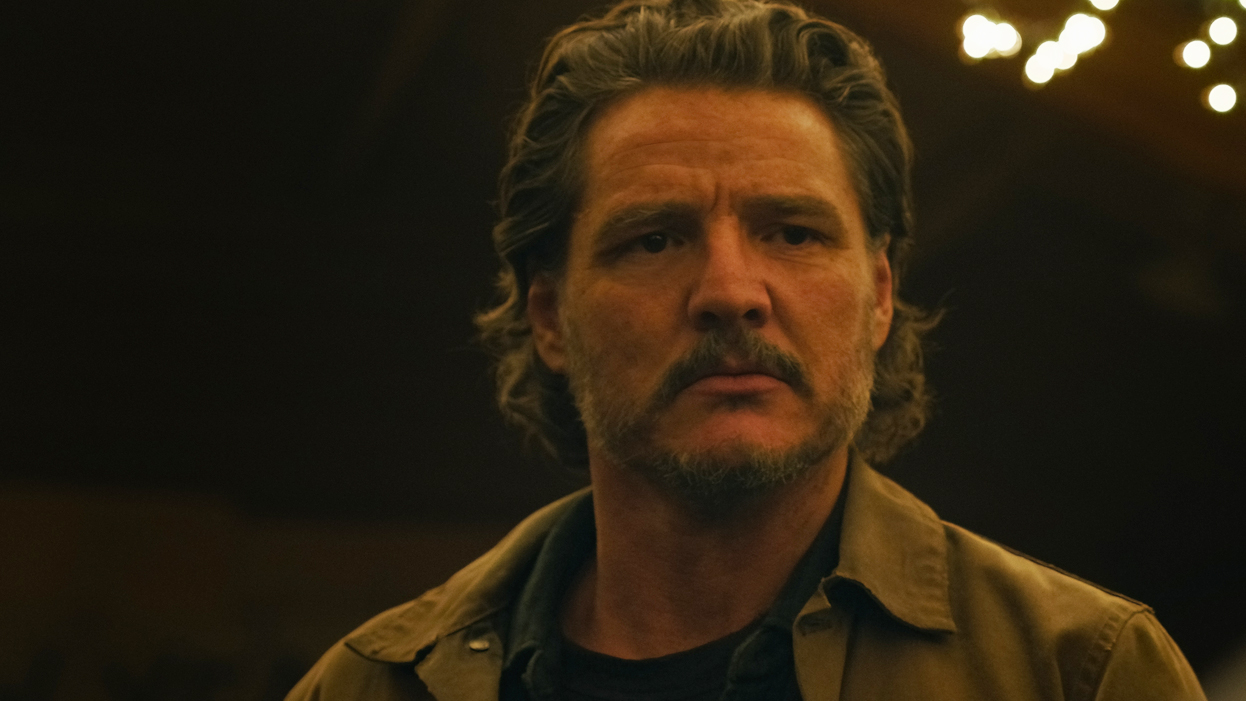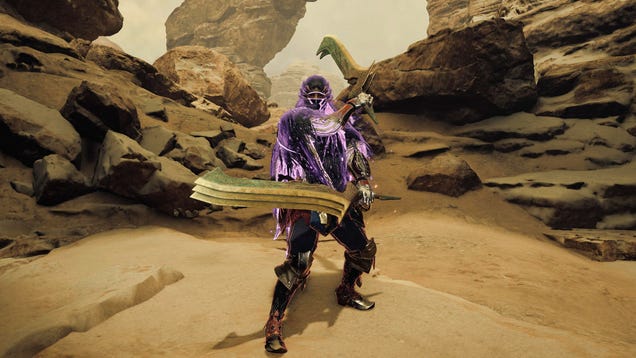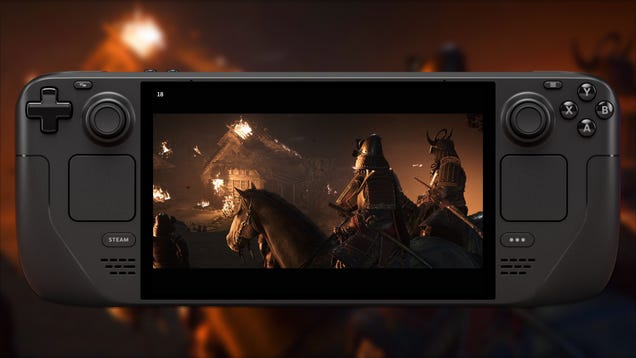
Snowpiercer Season 4 Review
Snowpiercer Season 4 premieres on AMC and AMC+ Sunday, July 21 at 9 p.m. ET.
A frozen wasteland isn’t the only obstacle the passengers of Snowpiercer have faced in the past four years. External factors almost derailed the sci-fi thriller’s final outing: It once looked like the fourth season would follow Coyote vs. Acme and Batgirl into the Warner Bros. Discovery tax write-off abyss. Thankfully, AMC swooped in, providing a home for a satisfying, adrenaline-packed, and occasionally disjointed 10-episode conclusion to this adaptation of the Bong Joon-Ho movie (and Le Transperceneige, the Jacques Lob/Jean-Marc Rochette graphic novel that inspired it) about riding out the new ice age aboard a massive, massively stratified train.
A quick refresher, since it’s been more than two years since the last new episode of Snowpiercer aired: Season 3 ended with an audacious gamble, splitting the last remnants of humanity into two groups. One half stayed aboard Snowpiecer, while the others took a chance to build a community outside of the train’s compartments. While most stayed with their loved ones, the separation of past-and-current leader Melanie Cavill (Jennifer Connelly) and her daughter Alex (Rowan Blanchard) set high emotional stakes on which Season 4 capitalizes. The refuge known as New Eden is warm enough to inhabit and move around freely outdoors, but there’s still much to learn about this place, which adds to the tension. Dividing the cast up unleashes a refreshing change in the setting and character dynamics; however, it also fragments some of the plot, and Season 4 takes a few episodes to find its rhythm as a result.
Nonetheless, the first episode wastes no time, throwing us back into the action, with both groups facing the same disturbing new threat. Remember, if someone claims they’re a peacekeeper while brandishing a weapon, they probably have a skewed definition of civility. Early on, the timeline toggles back and forth, further adding to the disconnected feeling, and it can be hard to keep track of all the players, old and new. What showrunner Paul Zbyszewski gets right from the jump: Showing how the new status quo (and the additional peril it brings) impacts relationships that already went through plenty of growing pains in the previous three seasons.
Take Andre Layton (Daveed Diggs), the former detective who led Snowpiercer’s have-nots in a revolt against its haves, who now faces his biggest challenge when his infant daughter Liana is kidnapped. Layton has butted heads with pretty much every prominent character in the series; loyalties have shifted, but logic and reason take a backseat when Layton’s daughter is missing. All bets are off regarding what he is willing to trade, and Diggs doesn’t have much to do in the first few episodes beyond showcasing Layton’s inability to compromise with the other members of the New Eden leadership who are seeking other solutions. Fortunately, the writers break him out of this pattern before it becomes tedious. The push-pull between Layton and his foe-turned-friend Ruth Wardell (Alison Wright) is grounded in their long journey; Diggs and Wright nail the tightrope walk of respect and aggravation, elevating the material at every turn.
Where did Season 3 of Snowpiercer leave off?
In some respects, the passengers of Snowpiercer have come a long way since the days of the first season when the Tailies were fighting for conditions that could be considered livable. The Season 3 finale pits Andre Layton (Daveed Diggs) against the recently returned Melanie Cavill (Jennifer Connelly) as both have strong ideas about the future of this vessel. It is a choice between the unknown of New Eden versus the relative safety of Snowpiercer — although the train and the tracks are slowly falling apart — and another violent battle is on the horizon.
New Eden is the name given to the Horn of Africa region that could be warm enough to build a community beyond the locomotive. The keyword here is “could” as Layton’s vision is based on data collected during the six months long science expedition that took place between the second and third seasons. The reason no one has ventured to this area is the degraded tracks mean it is too dangerous. Layton thinks the risk is worth it, Melanie disagrees. Thankfully, war is averted because the pair come up with a compromise and give the passengers a choice. It is democracy now after all. Those who want to stay on board Snowpiercer can do just that, and the same goes for the New Eden leap of faith. – Emma Fraser
Read the complete Snowpiercer Ending Explained: Biggest WTF and Burning Questions From the Season 3 Finale.
If you, like me, can’t recall every specific intricacy of the dynamics at play amongst the survivors, never fear – The actors are so in tune with their characters that they can convey the ups and downs of their allegiances and rivalries through body language and tone alone. It also helps that the dialogue isn’t weighed down by too much exposition, and the information doesn’t sound contrived or overwrought. The big gap between seasons wasn’t planned, but there’s an implied trust that we can follow everything that occurred off-screen during New Eden’s growth.
The depth of the ensemble is another strength. While principals like Melanie are absent for long stretches (not much of a departure from past seasons there), this isn’t as detrimental as it could be because Snowpiercer has plenty of available, established character pairings to fill the void – in Melanie’s case, a team-up between Ben (Iddo Goldberg) and Till (Mickey Sumner). Their easy platonic rapport isn’t a substitution for their romances with Melanie and Audrey (Lena Hall); instead, it underscores how many meaningful relationships exist in this compromised world. Sumner’s responses to her character’s pressures and pain are a highlight of the season – particularly when she has to convey an array of emotions with minimal dialogue.
Snowpiercer isn’t playing coy with the return of its main villain, the magnetic Joseph Wilford (Sean Bean), last seen accepting a long, drug-induced nap as punishment for his misdeeds. Wilford is the cockroach who survives the apocalypse, with a swaggering Bean relishing every retort he’s given in Season 4. Pure scenery chewing follows the character’s resurrection, and I would be disappointed by anything less from the narcissistic and sadistic inventor. Even when the series tips into over-the-top simplistic good-versus-evil declarations, Alex’s complex and evolving feelings toward the man who helped raise her adds a layer of nuance. It would also be easy to rely too much on Bean to dial up the drama, but Zbyszewski knows when and how much to play the Wilford hand.
As good as it is to have him back at full strength, it’s nice to have some antagonists who aren’t aboard the train, too – even if their motivations are uninspired. Clark Gregg is well suited for the role of the Admiral, and after all this time, it makes sense to have someone on that side of the conflict who’s overtly driven by the mission to save humanity in the long term, no matter how many casualties it incurs in the present. However, Gregg doesn’t get much material to work with beyond the Admiral’s cruel streak and false promises. The silo that he and his team call home gives us another labyrinth-enclosed space, which blurs into the Snowpiercer train terrain. Matching the aesthetic highlights the influence implemented by this new authority figure, and immediately contrasts with the open New Eden landscape. However, the visual similarity makes it harder to follow some of the more fast-paced scenes where characters move between locations.
Snowpiercer is at its best when it marries survival with trepidation.
New Eden may boast a hospitable climate, but a foreboding atmosphere still hangs over the new setting, where suspense builds from many unknowns. When Oz (Sam Otto) says he’s hearing voices there, it’s unclear whether he’s imagining it or if someone is hiding in the snowy hills. Snowpiercer is at its best when it marries survival with trepidation like this: After all, Season 1 starts with a murder mystery; Season 4 explores existential threats and why pride is the true enemy.
The callbacks don’t end there, and some are subtler than others. I’m a sucker for nods to how far the characters have come since the caste-system days, and I appreciate that, unlike Le Transperceneige or Bong’s brutal and brilliant movie, this version of Snowpiercer never shies away from cheese. While the voiceover narration at the start of each episode proved unnecessary long ago, its messages of community and survival are a welcome change from the “humanity is the real monster” sentiment that can make a post-apocalyptic TV series a slog to watch. Which isn’t to say it takes on an earnest “Kumbaya” campfire mood in these final episodes. There are significant losses this season, and some of them hit very hard.



